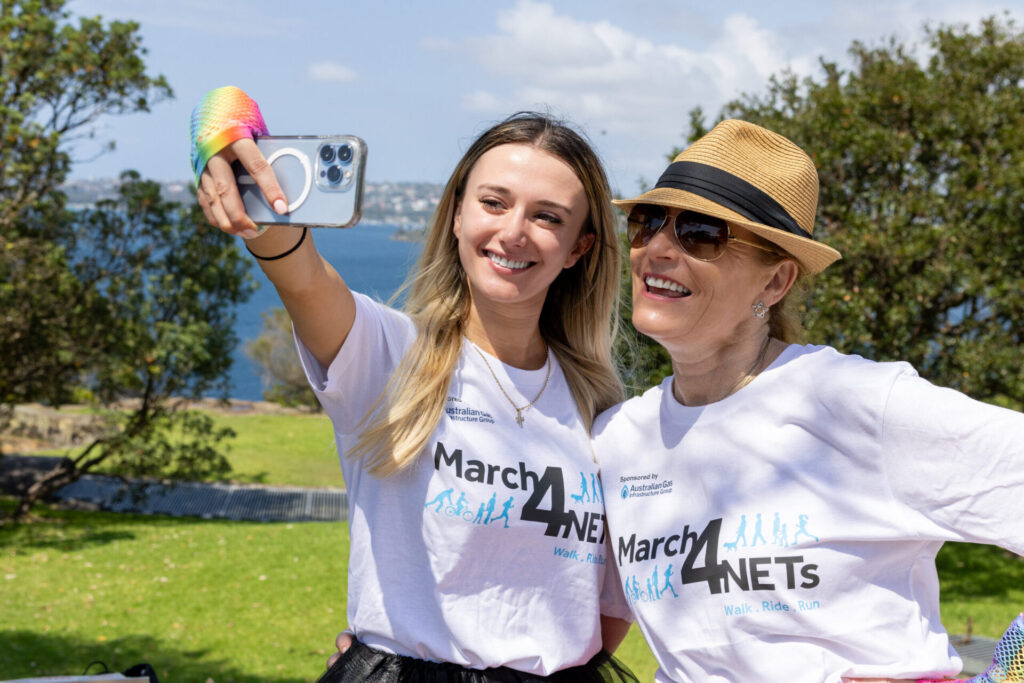Patient Stories
Every neuroendocrine cancer story is unique.
Here, people with neuroendocrine cancer and their families have shared their personal stories, offering insight, strength and hope to others navigating life with neuroendocrine cancer. Through sharing these experiences the importance of awareness is highlighted, along with the need for early diagnosis, the importance of understanding the disease, advocacy and enabling support throughout every stage of the neuroendocrine cancer diagnosis.
Filter by:
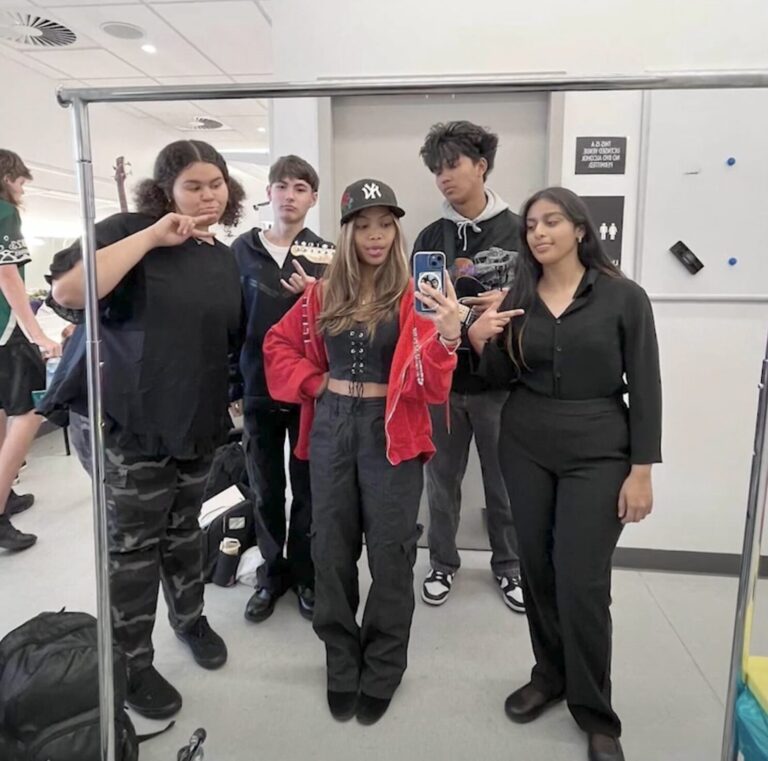
Mary, Joyce and Mishy, QLD
- Von Hippel-Lindau Syndrome (VHL)
Belzutifan. It is very expensive. What is the point of having the medication if no one can use it? We really want to get this (Belzutifan) accessible for everyone. This medication helps a lot of people, not just VHL, it helps people who have kidney cancer, pancreatic cysts, brain tumours, and kidney tumours.
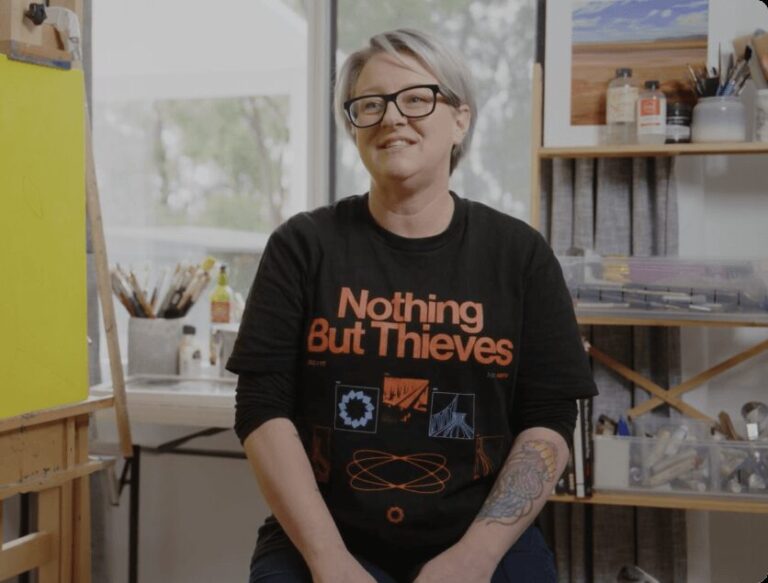
Mel, WA
- Pancreatic
They found a tumour about the size of a tennis ball on my pancreas… It’s a shame that it takes a diagnosis like this to change the way people live their life.
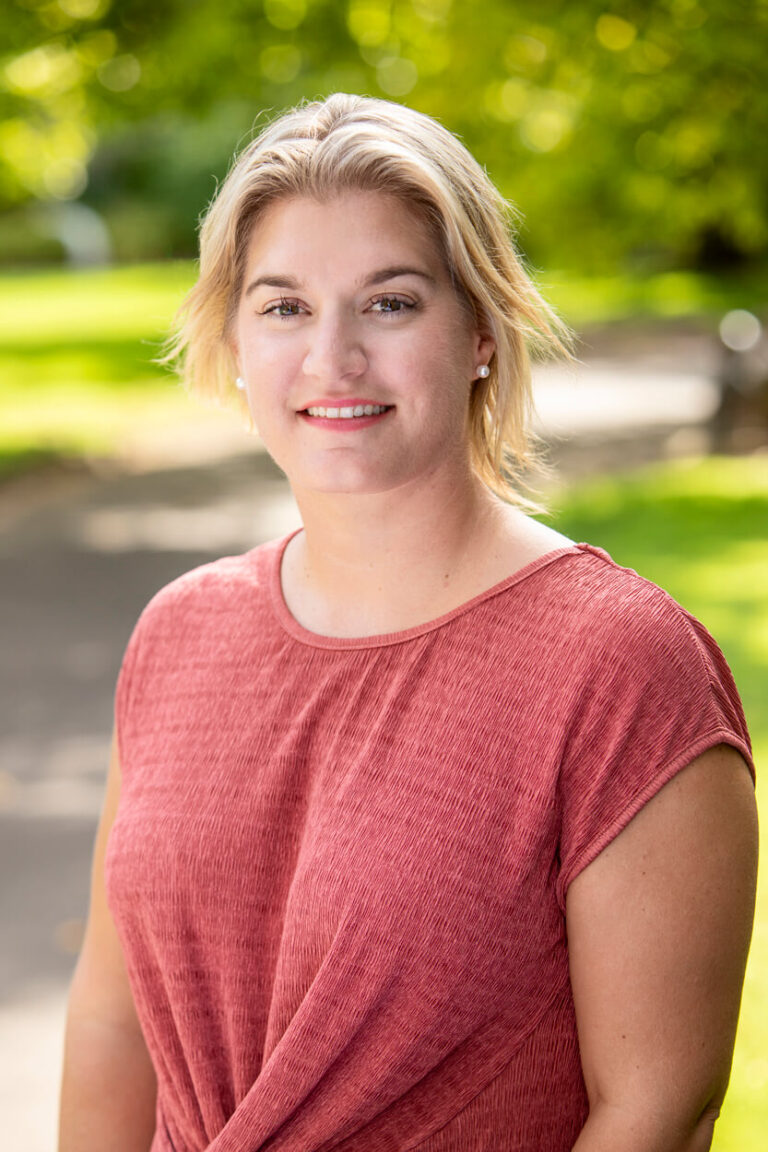
Melissa Davis, VIC
- Large Bowel
I was diagnosed in 2011 at the age of 24, I can honestly say cancer had never entered my mind and it never seemed like something that could happen to me.
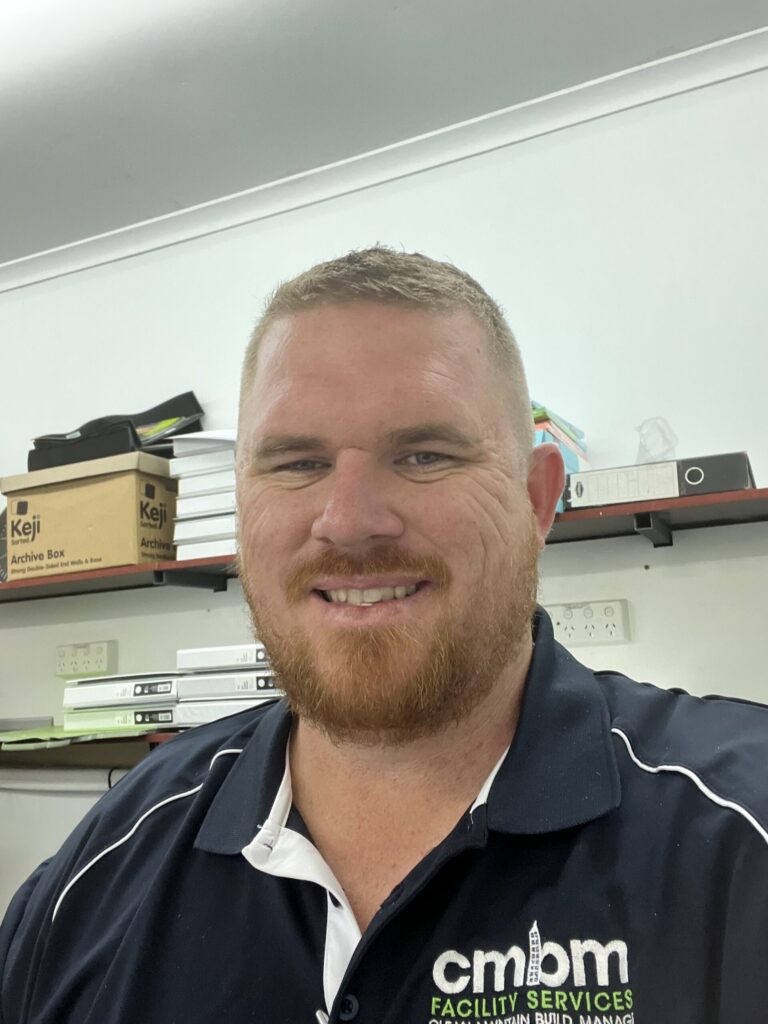
Michael, QLD
- Small Bowel
The Emergency Department completed scans and told me I had appendicitis. When they transferred me to another hospital for surgery, the doctors noticed a small lump in my bowel and investigated further. I was told I had cancer, and no other information was provided at that time.

Michele, WA
- Paraganglioma
My surgery was a success. It went for 10 hours, they had previously predicted it could take up to 15 hours. I was in the ICU for 2 days then I was on ward for nearly 3 weeks. I went back to work on a part time basis after 6 weeks. In hindsight I should have given myself longer to heal.
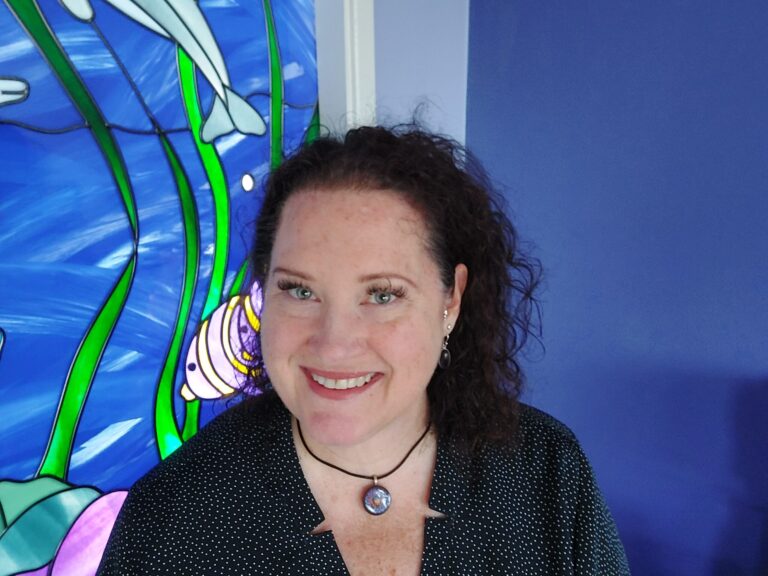
Michelle, NSW
- Paraganglioma
What I have learned is appropriate referral is so important. For me a partial diagnosis came 3 years after my 1st hypertensive crisis. Full diagnosis and treatment took another 4 years.
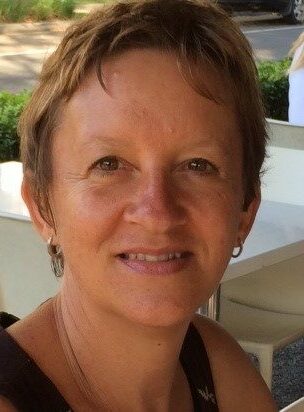
Michelle, QLD
- Multiple Endocrine Neoplasia Type 1 (MEN1)|Pancreatic
Although feeling very disheartened at my future after diagnosis, something changed in the way I approached it as time has gone on. I decided that I was not going to be defined by this condition. It is a small part of me, I am NOT part of it.
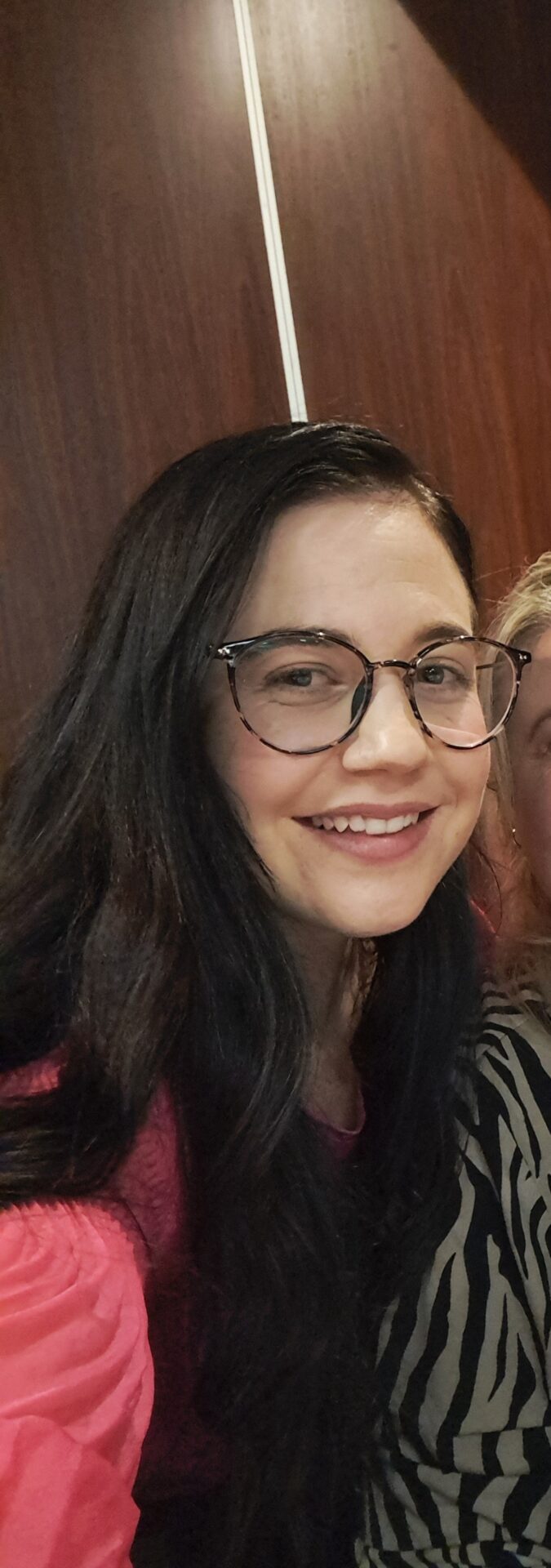
Nat, SA
Before I was diagnosed, I had ongoing medical issues including bowel obstructions and endometriosis, which made it easy to dismiss my symptoms. But I started experiencing rashes across my chest, hot flushes, shortness of breath and heart palpitations. Something did not feel right.
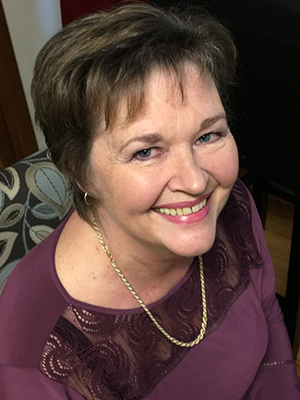
Noreen McGowan, NSW
- Small Bowel
My diagnosis of Neuroendocrine Cancer came as a complete shock. I had been experiencing what the doctors called non-specific symptoms
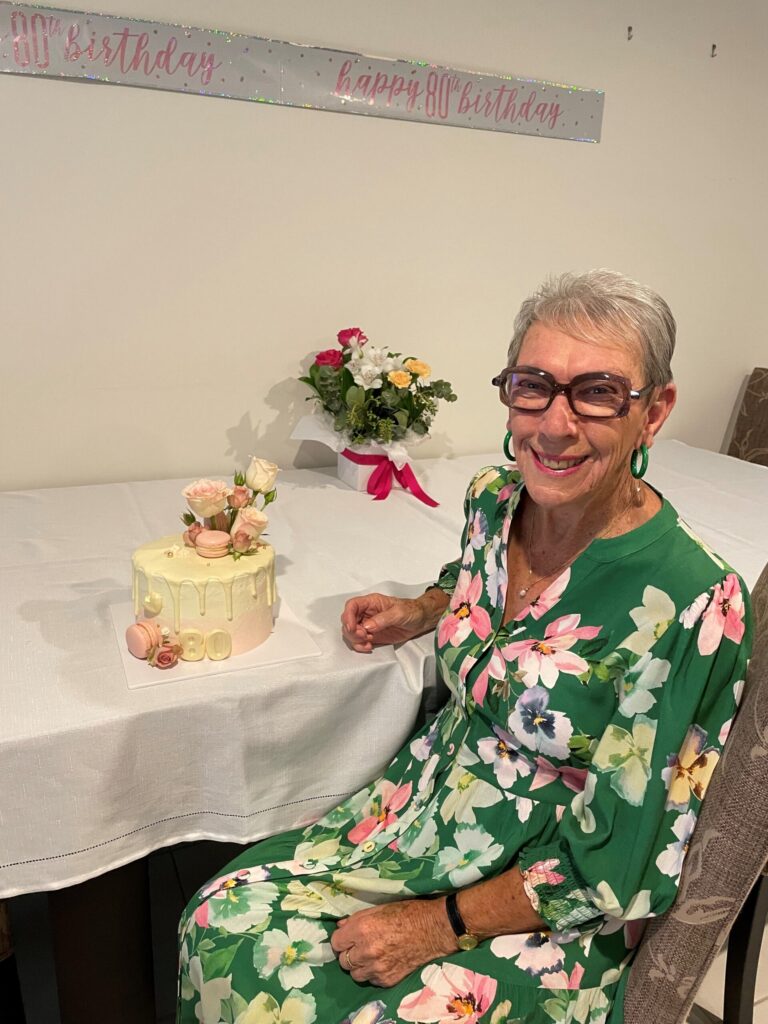
Patricia, NSW
- Small Bowel
There’s such little awareness about this cancer, even among medical professionals. I’ve had GPs say to me, “I’ve never seen a neuroendocrine cancer patient in my life.” And I tell them, “You probably have — you just didn’t diagnose them.”
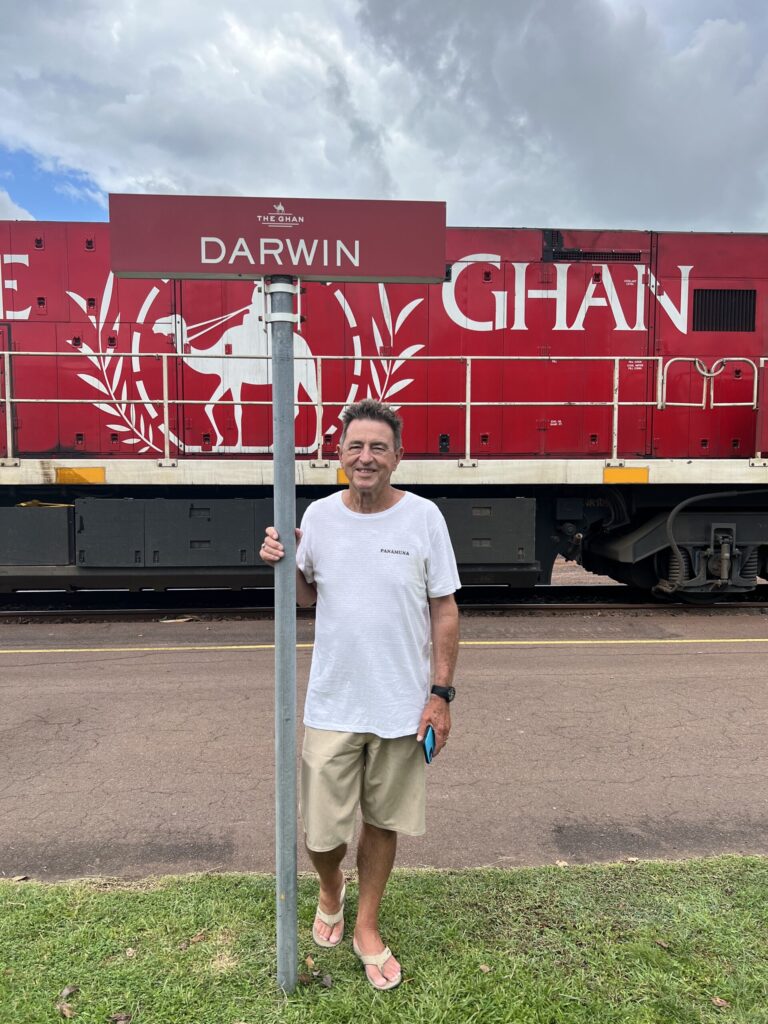
Paul, NSW
- Small Bowel
As soon as he woke his words were “they found something else”? He had been on the rounds with Doctor’s for years trying to find out what was wrong with his stomach.
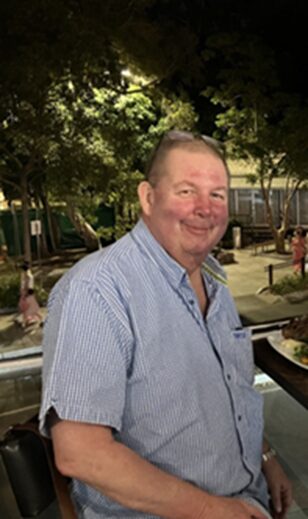
Peter, ACT
- Gastric
Share your story, you never know what you may learn, or what a difference you can make in someone else’s day. Above all be kind to yourself.

Rachel Burnett, QLD
- Small Bowel
NETs has totally changed my life. I was a bit of a gym junkie before and now have had to cancel my membership due to pain and fatigue. This has been the hardest thing to deal with.
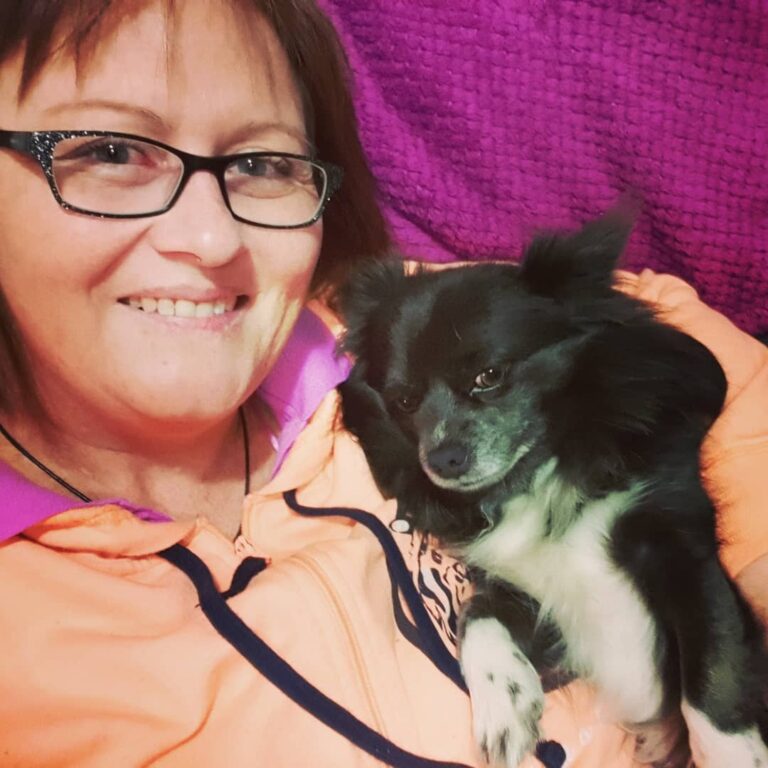
Rachel Kerney, NSW
- Multiple Endocrine Neoplasia Type 1 (MEN1)|Pancreatic
I was diagnosed a long time ago with MEN1 which meant I was being monitored for a long time.
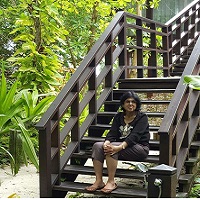
Resh’s Story
- Breast
Cancer stole our Mum’s right to see her children get married, to meet her grandchildren and to grow old with her husband.

Rob, TAS
- Pancreatic
Experiencing symptoms of fatigue, tiredness, and anxiety, I couldn’t ignore the significance of my condition, especially considering my family history.
